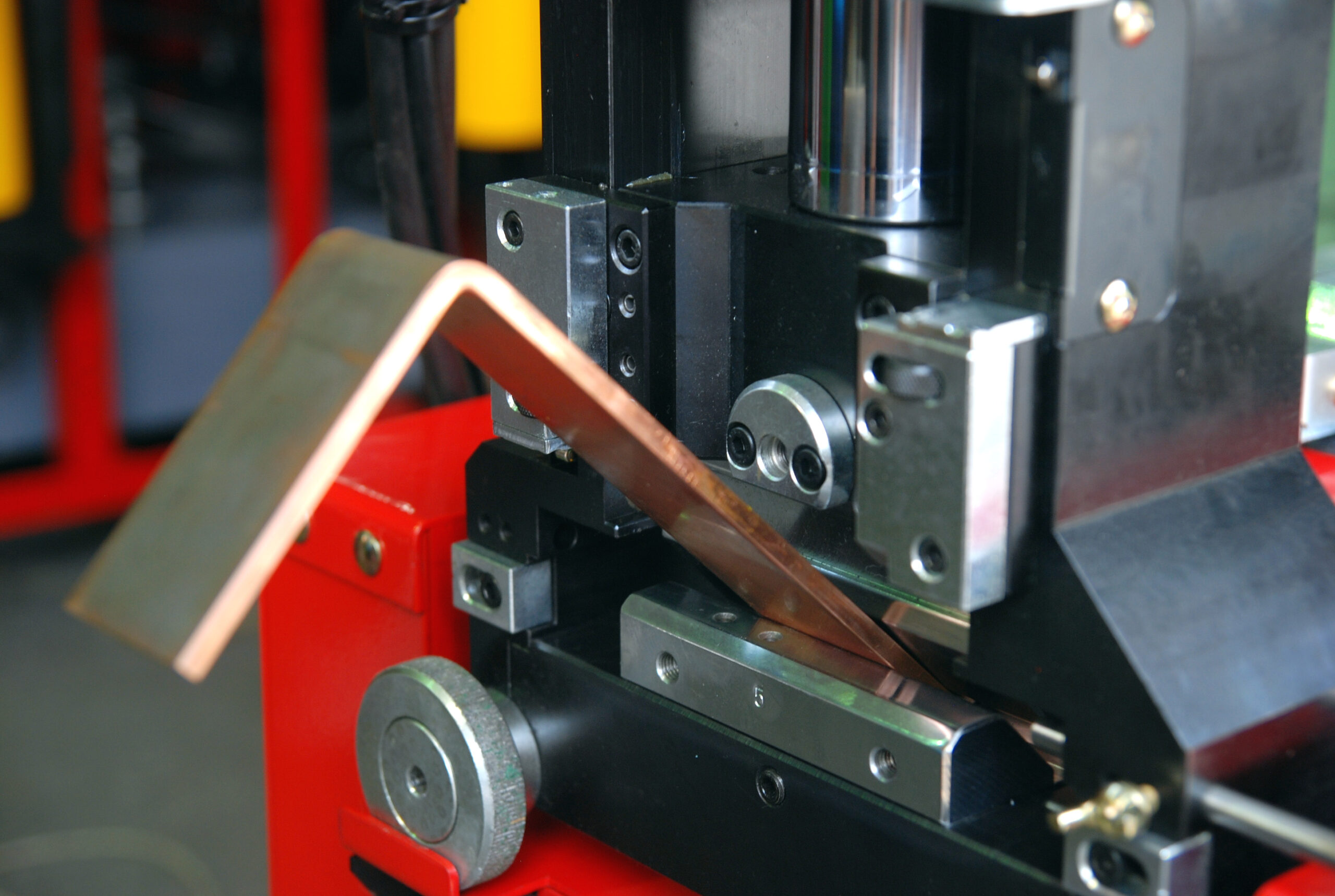In today’s rapidly evolving world, busbar machine have become an indispensable part of our lives, transforming the way we work, communicate, and live. These mechanical marvels, powered by advanced technology and artificial intelligence, are reshaping industries, economies, and even our very understanding of what it means to be human.
Machines have come a long way from their humble beginnings. From the early mechanical looms of the Industrial Revolution to the cutting-edge robots and autonomous vehicles of today, the evolution of machines has been nothing short of remarkable. Each iteration has pushed the boundaries of human capability and innovation, opening up new horizons of possibility.
One of the most notable advancements in machine technology is the integration of artificial intelligence (AI). AI has breathed new life into machines, endowing them with the ability to learn, reason, and make decisions. Machine learning algorithms are now driving breakthroughs in healthcare, finance, and countless other fields, helping us solve complex problems and make more informed decisions.
Machines have also played a pivotal role in addressing some of the world’s most pressing challenges. In healthcare, surgical robots are revolutionizing precision surgery, while AI-powered diagnostic tools are enhancing early disease detection. In agriculture, autonomous drones are optimizing crop management and monitoring. And in environmental conservation, machines are aiding in data collection and analysis to combat climate change.
Moreover, machines are reshaping the way we work. The rise of automation and robotic process automation (RPA) is changing the employment landscape, automating repetitive tasks and enabling humans to focus on more creative and strategic endeavors. This shift is challenging traditional notions of work and calling for a reimagining of education and skills development.
